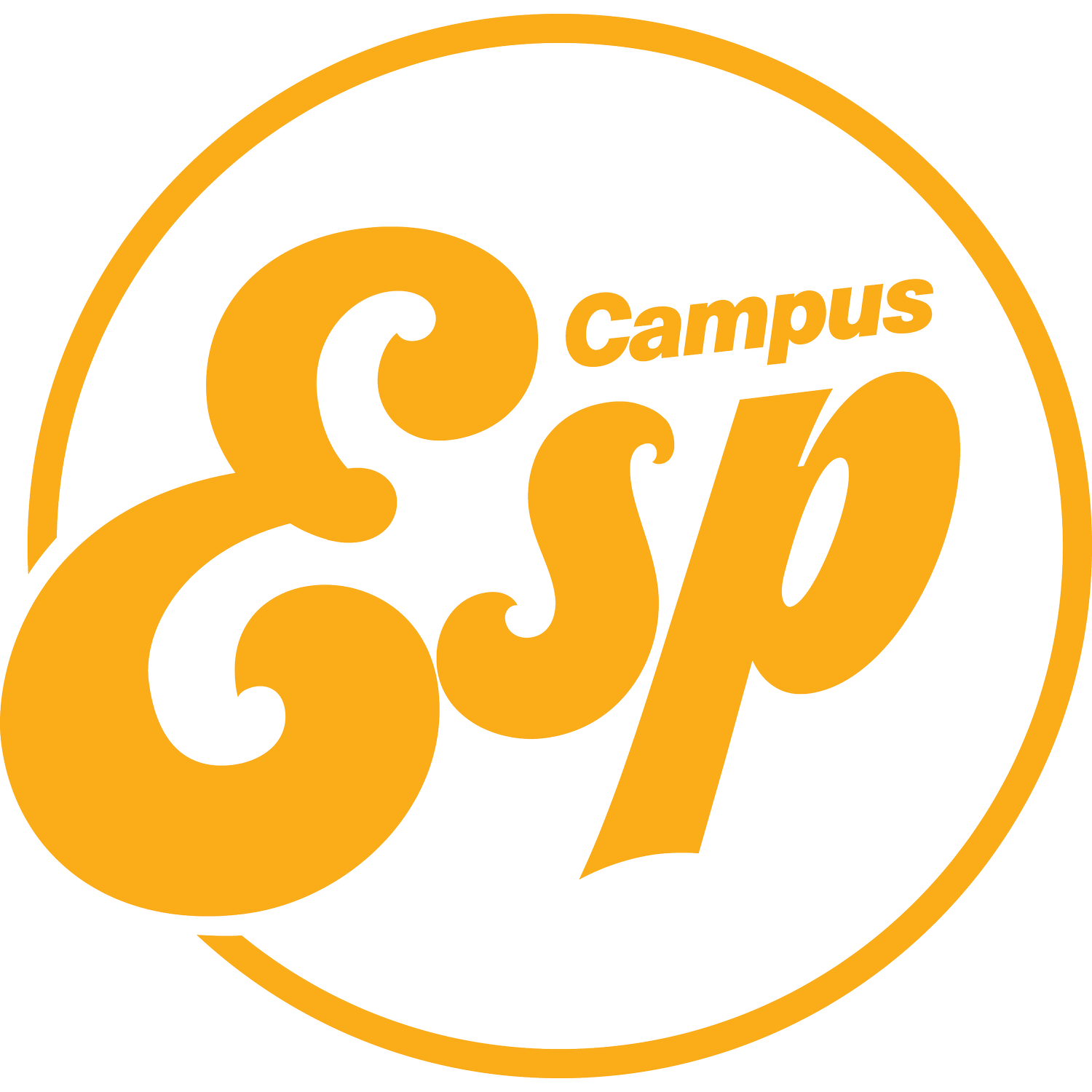Increase donor participation through parent engagement
In October 2020, CampusESP piloted a new module focused on donor management with two of our partners, The University of Delaware and The Catholic University of America. Both universities use CampusESP to manage their family engagement strategy.
Though the universities are quite different in size and type, they share a unique focus on the way families can help institutions meet advancement goals.
The central goal of our pilot was to increase donor participation (in other words, turn more parents into donors). Giving Tuesday was our first opportunity to test whether CampusESP could help.
The early results indicated YES! We found that:
Giving campaigns in CampusESP get more engagement.
Solicitations in CampusESP had 2-3x higher email open rates than in comparable alumni engagement platforms.
Donor participation and donor dollars are multiplied.
UD grew parent donor participation by 70% in their pilot group. CUA raised 8x more from parents compared to last year.
Based on these outstanding results, we’re awarding our Q4 2020 ESP MVP Award to The Catholic University of America and The University of Delaware.
Kyra Lyons, Senior Director of Advancement at CUA, Camilla Daniel, Development Coordinator at UD, and Stacey Muzzi, AVP of Parent and Family Giving at UD, accept their awards (virtually, of course!) from members of the CampusESP team.
The parent giving game plan
University of Delaware’s “Blue Hen Family Hub” provides a personalized landing spot for parents.
Most advancement officers see parents as a lucrative fundraising opportunity. However they often lack the resources to provide personalized outreach, qualify giving potential or measure ROI. That’s why we wanted to help them level up parent fundraising.
The CampusESP Donor Management Pilot was designed to help colleges and universities:
1. Identify potential donors. UD and CUA considered criteria such as family wealth rating, legacy status and whether the student attended a private high school.
2. Prioritize potential donors based on wealth rating + activity level. CampusESP measures and scores all parent actions in a Parent Promoter Score™. If a parent has a high Promoter Score, they are likely open to making a donation.
3. Send targeted content based on demographic criteria and giving history. UD and CUA delivered over 25 unique campaigns to legacy families, athlete families, families who have given in the past, and more.
4. Solicit donations through web, mobile and email campaigns. Institutions can deliver information about active giving campaigns, or even take donations directly within the platform.
5. Measure results through a Donor Management Funnel and Donor Conversion Reports. Reports show which parents have been identified, which parents have been prioritized, and how effective campaigns have been in converting donors.
Email open rates 2-3x higher than normal
An example of CUA’s Giving Tuesday campaign.
Between both institutions, we sent almost 20,000 emails across four Giving Tuesday campaigns. These emails had an average open rate of 32%, which is unusually high for a giving solicitation. In fact, a 32% open rate is 2-3x higher than the typical open rates for UD in comparable alumni engagement platforms.
We went a level deeper with the University of Delaware, comparing two identical solicitations delivered from two different senders: One from “The Blue Hen Family Hub” (AKA, CampusESP) and the other from “Annual Giving at UDel”. The email open rate was 8x higher in the CampusESP solicitation (yes, you read that correctly).
Giving campaigns in CampusESP get more engagement. It makes sense. CampusESP is a parent’s trusted source for campus news, events and student success tips year-round. Most parents already have a positive relationship with the platform and the resources their student’s institution provides them. Ultimately, when a parent receives a giving campaign within CampusESP, it’s the same place where the school gives back to them.
70% growth in donor participation.
8x more revenue from parents on Giving Tuesday.
An example of UD’s Giving Tuesday campaign.
On Giving Tuesday, both universities received donations from dozens of parents that had never made a gift to the institution before.
The University of Delaware saw tremendous growth in new donors (UD’s donor management pilot was mostly focused on first-year families). At UD, there was a 70% growth in donor participation from Giving Tuesday, among the pilot group of parents. Between November 15th and December 15th, UD’s donor participation grew from 80 parents to 135 parents (Giving Tuesday was December 1st). These were the only solicitations parents received in this time period.
At CUA, the pilot group was about 4x bigger and included a broader array of families. Nevertheless, CUA experienced a 5% increase in new donors after Giving Tuesday. Even more surprising to us all, CUA raised nearly 8x more revenue from parent donors on Giving Tuesday 2020, compared to 2019 and 7x more revenue compared to 2018.
One year later: up to 288% growth in donor participation
We were impressed by the early impact UD and CUA were able to make surrounding Giving Tuesday 2020. But would the trend of engaged parents becoming generous donors continue after Giving Tuesday?
We revisited these programs a year later, and the numbers had only improved.
Catholic University of America saw a 121% growth in parent donors.
The University of Delaware saw a whopping 288% increase in parent donors.
At the end of the day, for advancement teams, it’s important to grow your alumni community. Parents can be part of that community, but only if you recognize that they are different than your graduating students.
The CampusESP team wants to give a BIG THANK YOU to Kyra Lyons, Senior Director of Advancement at CUA, in addition to Camilla Daniel, Development Coordinator, and Stacey Muzzi, AVP of Parent and Family Giving at UD. They have fully embraced the iteration process and provided valuable feedback that helped us shape this new product. We couldn’t have gotten here without our pilot team!
Interested in learning more? Click the button below to request more information!



